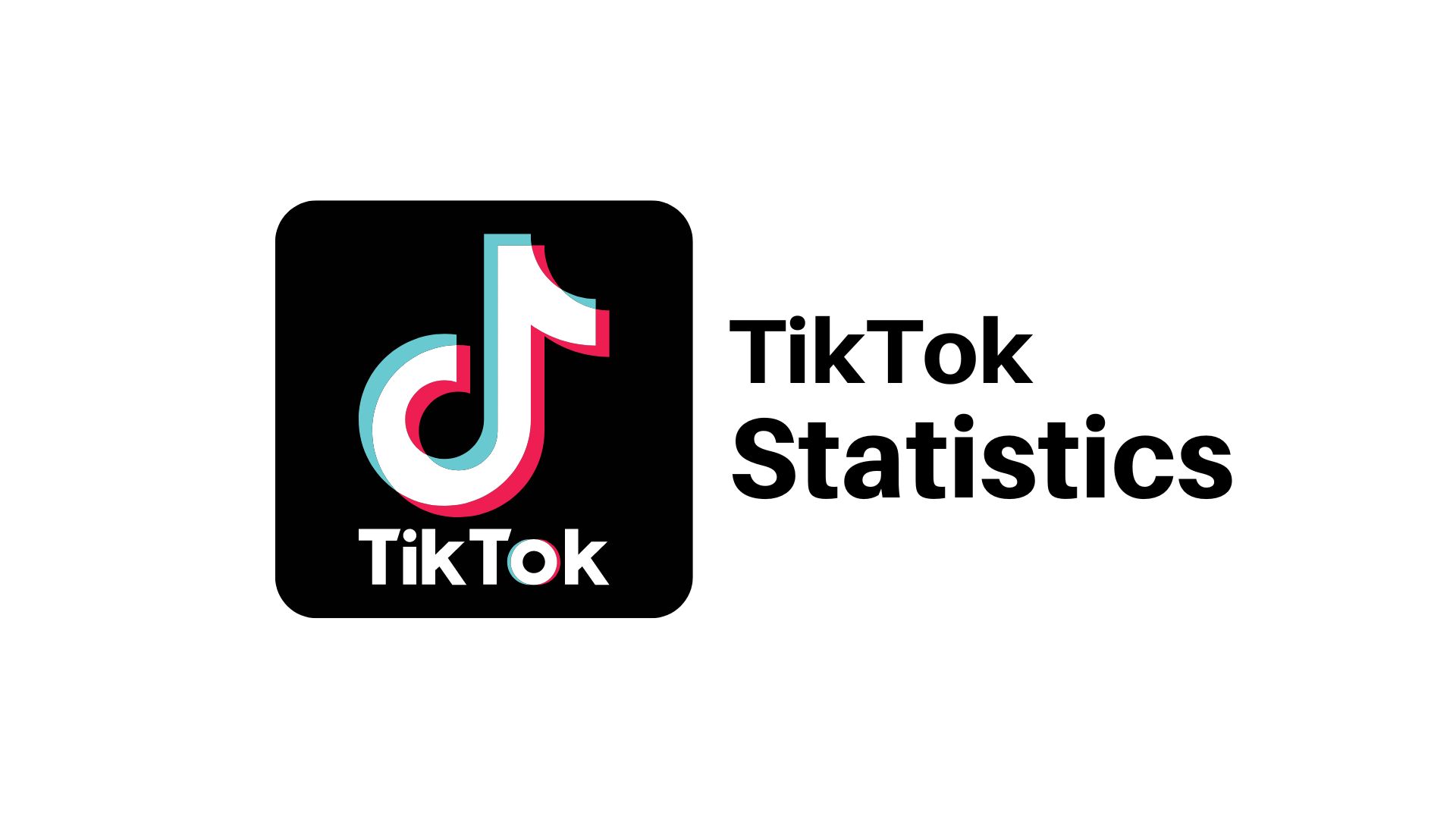Salesnet Delivers Vertical Editions
On-demand Customer Relationship Management (CRM) provider Salesnet this week fulfilled another promise of its Guided Performance Selling (GPS) strategy, announced in February, with the debut of the first of several planned industry-specific editions of its CRM software focused on driving sales effectiveness.
“Our product helps with sales performance, particularly our activity-based workflow technology, which guides how salespeople sell every day and reinforces best practices,” Chief Marketing Officer Dan Starr told ASPnews. “The fast ROI is delivered by software-as-a-service, integration as a service, which consists of more than 200 pre-built adapters to general business software, and configuration as a service, which is the ability to configure the application with mouse clicks, not code. This is the platform we've used to build these industry editions.”
The three vertical markets the company is focusing on are high-tech, business services, and financial services. Inside those areas fall the first three editions: Telecommunications Services, Advertising/Media Sales, and Commercial Lending.
Over the next year, Salesnet plans to deliver 2-3 more editions per quarter into these and other verticals, as well as additional pre-configured sales methodology editions, Starr said. Salesnet delivered its first pre-configured edition in April, which guides sales reps by enforcing the best practices from the CustomerCentric Selling sales methodology.
A primary component of Salesnet's success has always been its activity-based workflow, which goes beyond the high-level milestones that other CRM companies consider workflow, Starr said.
“We're the only vendor that's been delivering workflow into the market. We can deliver, down to the activity level, the tasks and activities in the sequence the reps need to take. For example, in our Media/Advertising Sales edition, there are activities around insertion orders and first-run dates. In our Commercial Lending edition, there are activities around checking credit, declining credit, credit approval. At the activity level, it shows what the relationship manager has to do at that point in the sales cycle.”
Other vendors reinforce the process is by high-level milestones, typically setting six or seven milestones in a process, he said. “They use things like suspecting, prospecting, presenting, negotiating and closing. There's no direction given to reps on how to move between those steps, it's left up to the rep's gut feel.”
“We fundamentally believe that if your industry-specific vertical solution does not contain workflows and processes for that industry, it's not an industry-based edition. The way people sell cars is very different from the way people sell advertising, which is very different from the way people sell financial products,” Starr said.
Salesnet has taken advantage of a feature inherent in the on-demand model by leveraging its ongoing experience with every customer to learn what practices are effective in each industry. The processes in these vertical editions have been proven to work, since they have been derived from existing installations of Salesnet's customers in these industries, he said.
“One of the things about being an online vendor is that you're emotionally and physically closer to your customer than an on-premise vendor. They come into your server every day. We have much more insight, and a much stronger relationships with our customers, to understand what works and what doesn't work. That allows us to build proven processes into these pre-configured industry editions,” Starr said.
For the Advertising/Media Sales edition, this means Salesnet has used its experience to build a product that caters to the unique needs of media sales — large amounts of repeat business, high-volume low-value deals, and frequent staff turnover.
“Those things combined are a great fit for a CRM system, particularly one like ours that has workflow built into it to allow salespeople to ramp up more quickly, Starr said. “One of our customers hired over 600 salespeople last year, and used Salesnet to ramp them up in under 60 days. It took them over 7 months before Salesnet. Imagine if the quota is $1 million a year — selling 5 months of the year at full quota is worth a lot of money to that company.”
The constant feedback from customers allowed Salesnet to build into its product a broadcast calendar, known as the Traffic Directors Guild for America (TDGA), designed to manage cable, satellite, and radio ad listings. It is a standard calendar that the company didn't know existed until it started selling in this vertical, Starr said.
Other CRM vendors have said that companies don't need industry editions, they just need one general, configurable product. Starr said that approach would not work with Salesnet's typical customers, which are generally more than 5 years old and have more than 250 employees, and already have an understanding of what they need and how they want it to work.
“Other products offer features that allow you to rename a tab. I think industry CRM is more than skin deep — lipstick isn't going to cut it. We didn't know we needed a broadcast calendar, or that one existed, before we started selling in that space a year ago,” he said.
When choosing which verticals to pursue first, Salesnet based its decisions on the amount each vertical market is expected to spend on CRM, the traditional willingness of the market to use an on-demand solution, the number of existing customers in that vertical, and the number of channel partners in that vertical.
For the Telecommunications sector, the tough times they have recently been through make it a perfect candidate for an on-demand CRM solution, since they are now beginning to grow again, but still don't have a lot of money to spend, Starr said. For Commercial Lending, Salesnet can help them compete in a bitterly contested market, he said.
“Sovereign Bank used Salesnet to more than double the number of products sold per customer. They were selling around 2.5 products per customer, and now they sell over 6 using Salesnet. That's what it's all about now, it's not a land rush anymore. It's about selling more to the customers you have.”
Salesnet's industry-specific editions are available immediately. Pricing includes a $99 per user per month subscription-based license fee for Salesnet Extended with an additional $5 fee per user per month for each edition.




